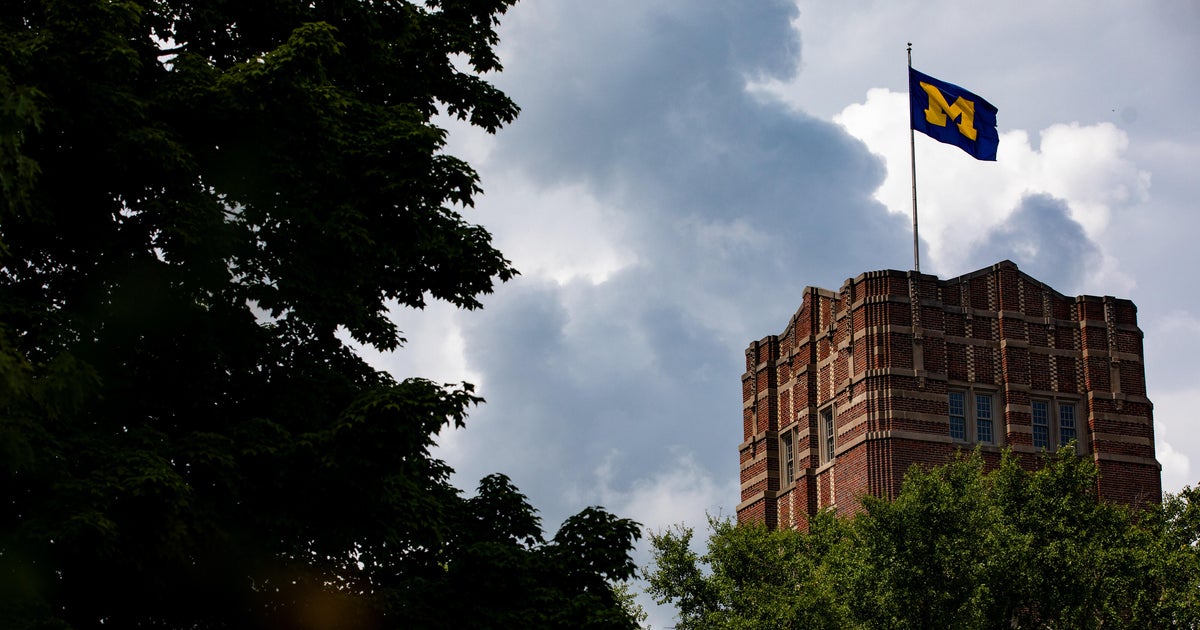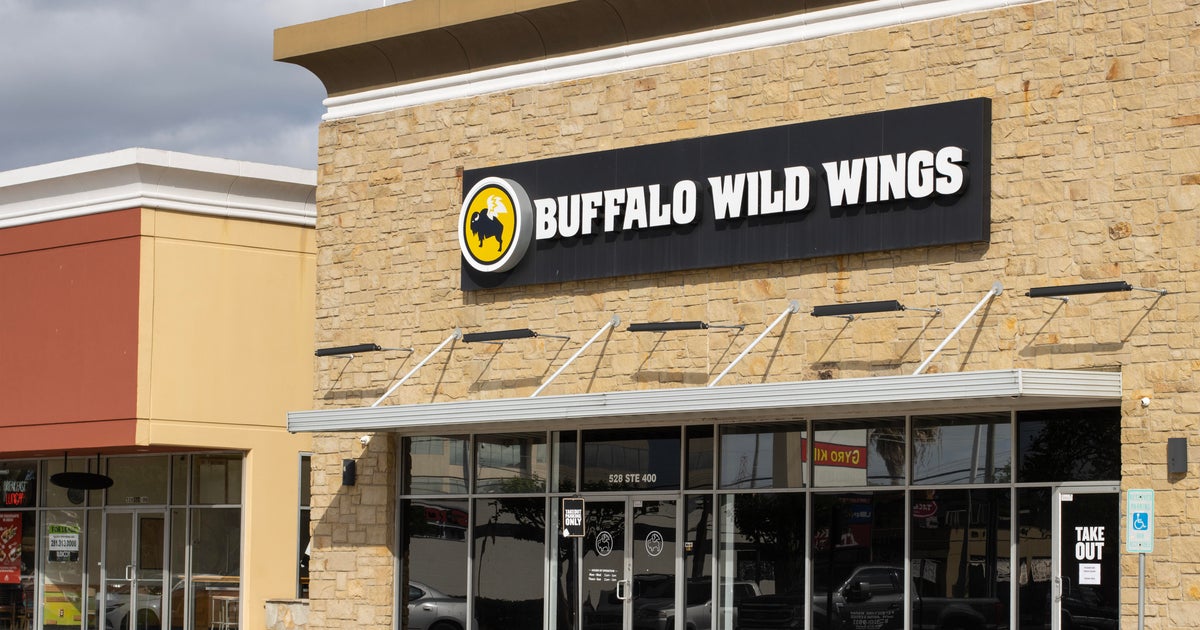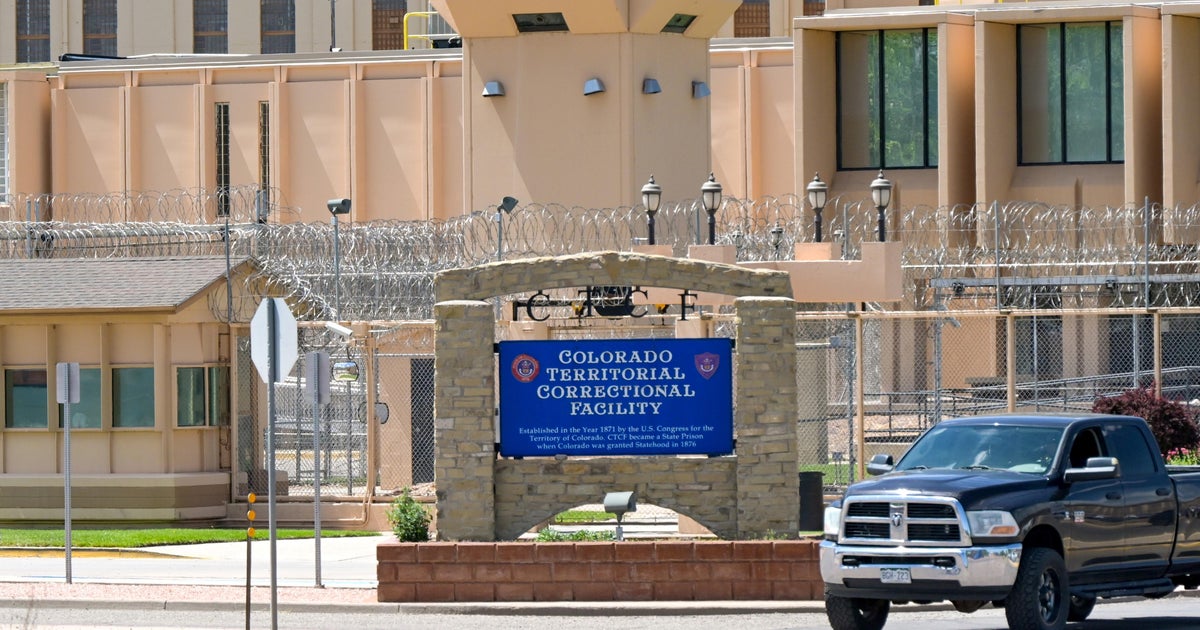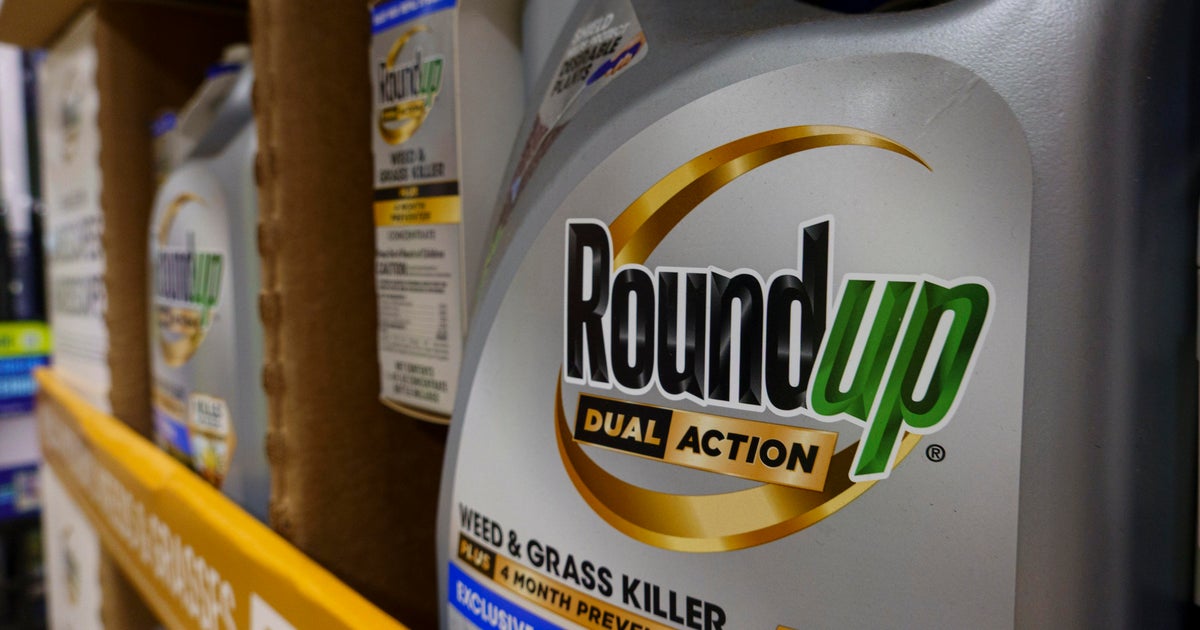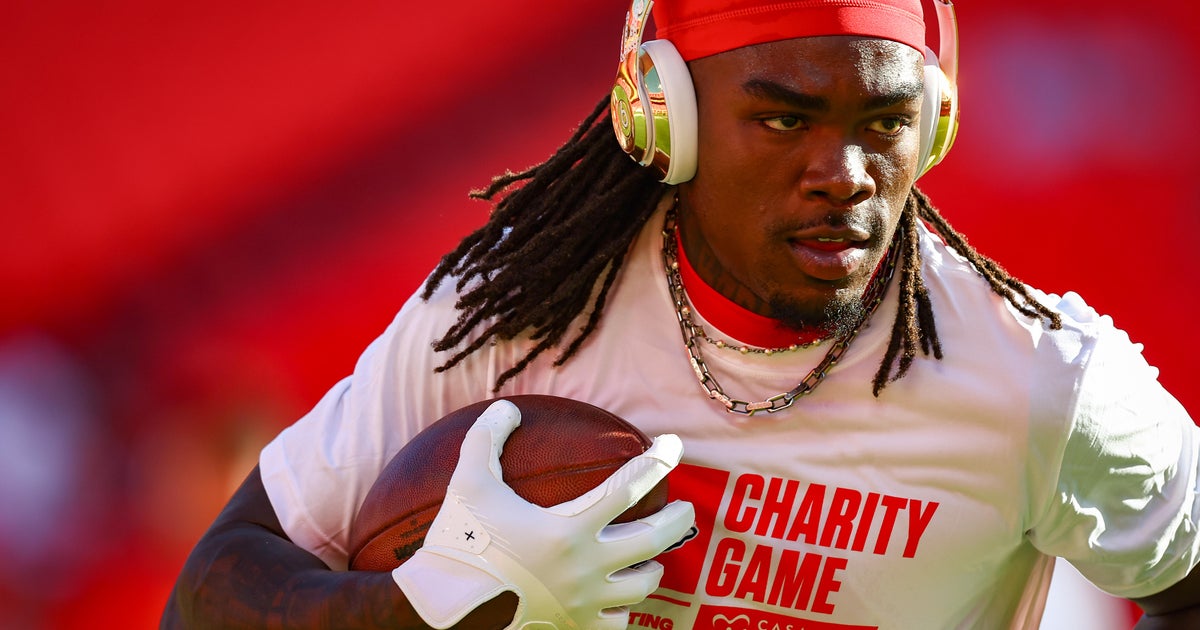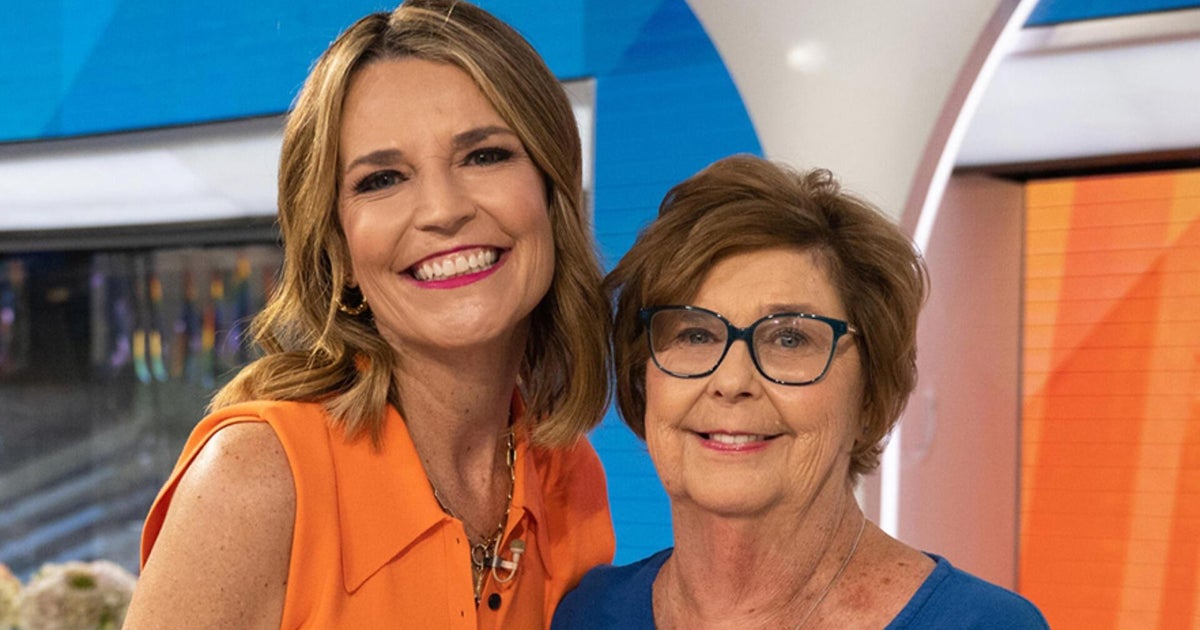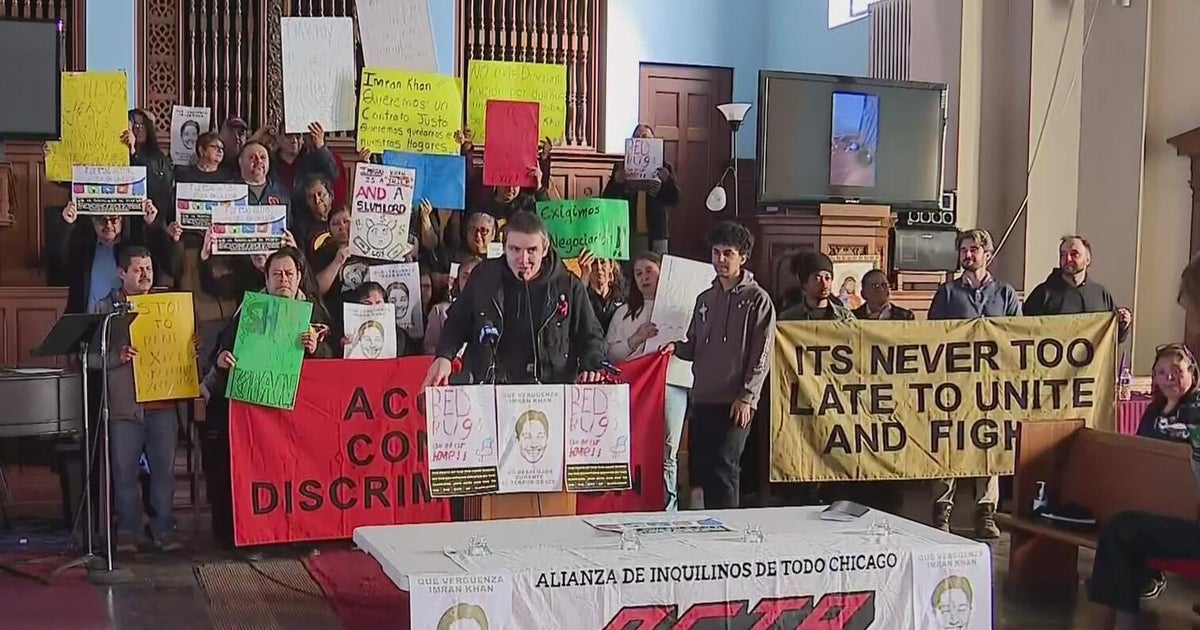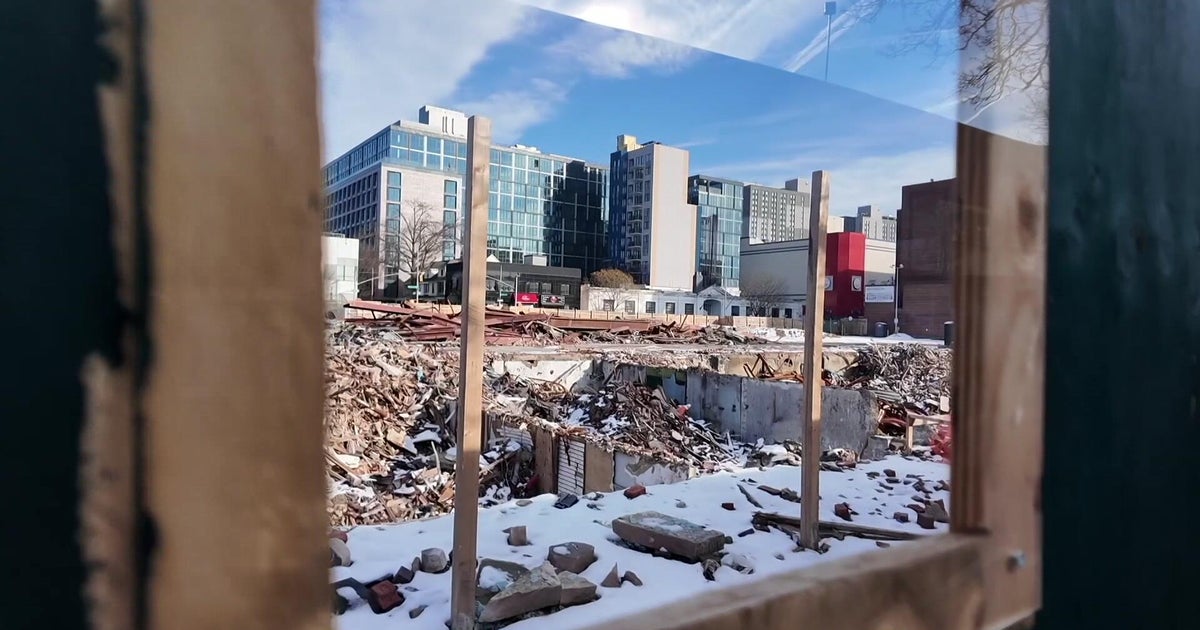Viacom Appeals Ruling In YouTube Copyright Case
SAN FRANCISCO (AP) -- Viacom Inc. is appealing a court decision that YouTube obeyed copyright laws even though the Internet video site used to show thousands of pirated clips.
The challenge filed Friday in a federal appeals court in New York had been expected since a June ruling rebuffed Viacom's copyright infringement lawsuit against YouTube and its owner, Google Inc.
Viacom Inc. had sought more than $1 billion in damages, alleging YouTube built its popular video site by turning a blind eye to piracy. The rampant copyright violations included material taken from various Viacom outlets, including cable channels MTV, Comedy Central and Nickelodeon.
But the judge overseeing the case concluded YouTube couldn't be held liable because it promptly removed illegal content after being notified of a violation. U.S. District Judge Louis Stanton concluded that was enough to insulate YouTube from copyright claims under the Digital Millennium Copyright Act.
In dismissing the lawsuit before a trial, Stanton noted that Viacom had spent several months accumulating about 100,000 videos violating its copyright and then sent a mass takedown notice on Feb. 2, 2007. By the next business day, Stanton said, YouTube had removed virtually all of them.
In its appeal, Viacom contends Stanton misinterpreted that 12-year-old law because YouTube was well aware its site was being swamped with pirated material, but didn't do anything to prevent the abuses because it realized the professionally produced content would attract more viewers than amateur video.
The bitter battle revolves around Viacom's allegations that YouTube built itself into the Internet's most watched video site by milking unlicensed use of copyright-protected clips stolen from professionally produced shows such as Viacom's "The Colbert Report" and "The Daily Show."
The pirated material came from the millions of people who have uploaded clips to YouTube since its 2005 inception. About 24 hours of new video is posted to YouTube every minute.
Since it was sold to Google, YouTube has developed a system that helps flag copyright violations when videos are posted. Viacom argues those copyright detection tools prove YouTube could have done more to keep illegal content off its site. E-mails obtained as part of the evidence submitted in the case depicted YouTube founders Chad Hurley, Steven Chen and Jawed Karim as video pirates more interested in getting rich quick than obeying federal law.
Viacom hired Theodore Olson, a former U.S. Solicitor General, to steer the appeal in the 2nd U.S. Circuit Court of Appeals.
Google predicted that the lower-court ruling will be upheld.
(Copyright 2010 by The Associated Press. All Rights Reserved.)
